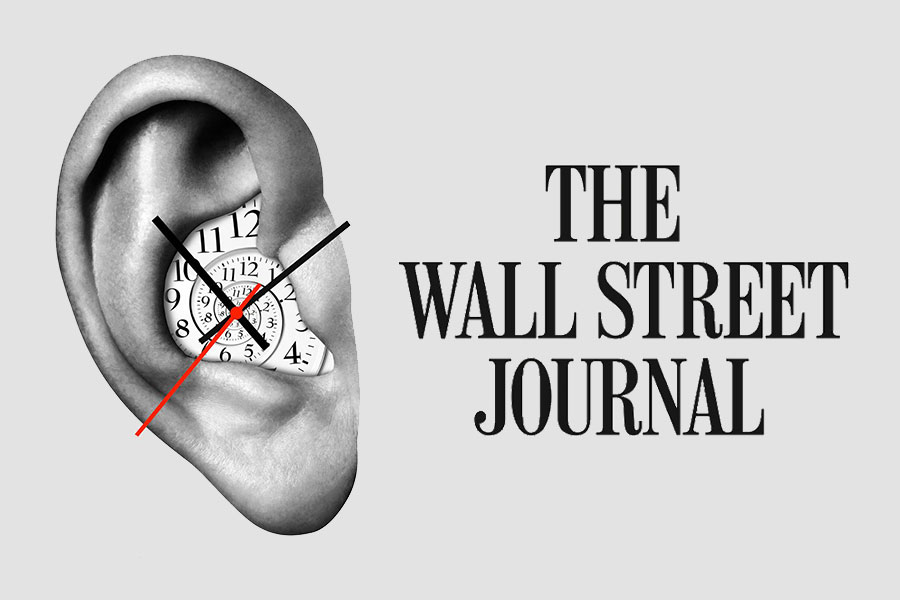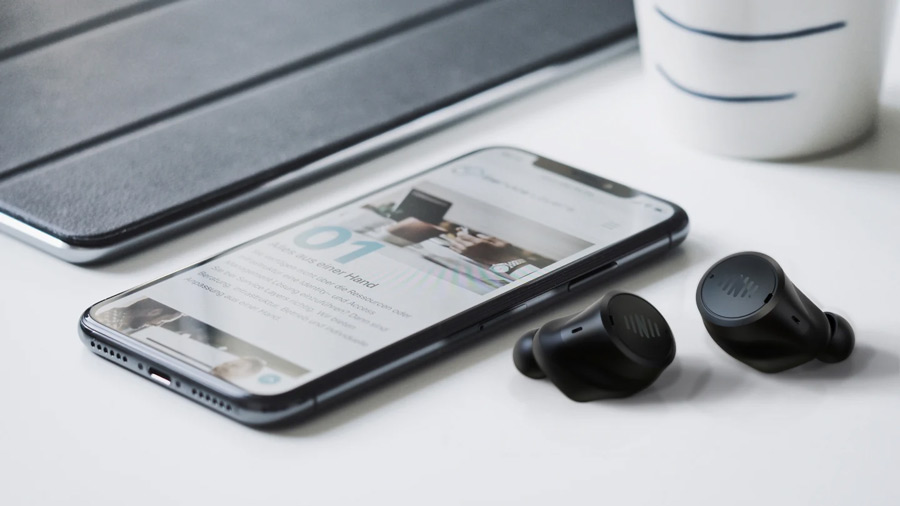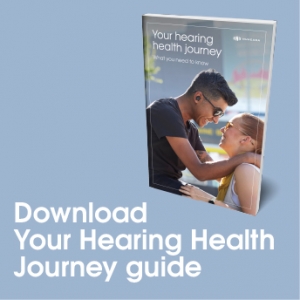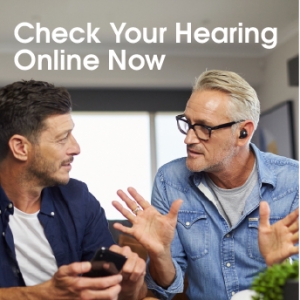The following content contains excerpts from a recently published article on the Wall Street Journal. Access the original article in its entirety at: https://www.wsj.com/articles/over-the-counter-hearing-aids-are-coming-heres-how-to-get-ready-11639231203

 By: Julie Jargon
By: Julie Jargon
December 11, 2021 9:00 am ET
“If you think you have mild or moderate hearing loss, there are ways to prepare for one of the less-expensive hearing aids coming to your drugstore”
A hearing-aid disruption is under way, with inexpensive hearing aids heading to drugstores and other retailers sometime next year. But if you’re experiencing hearing loss, doctors and hearing experts say it isn’t wise to just wait for them to arrive.
The Food and Drug Administration is expected in the next few months to finalize a rule it proposed in October allowing people to buy hearing aids without getting a medical exam first. The rule would take effect 60 days after it’s published, following a public comment period that ends next month.
Over-the-counter hearing aids could cost a fraction of the price of hearing aids fitted by audiologists, though people with severe hearing issues will still need a high-end model from a specialist.
The FDA’s aim is to make hearing help more accessible to the 37.5 million American adults with hearing loss. Due to the high cost of hearing aids and the social stigma of wearing them, only about a fifth of the people who could benefit from a hearing aid use one, according to the agency.

Additional Article Highlights
With more affordable hearing assistive technology on the horizon, many people are tempted to simply wait until the more affordable OTC hearing aids are available. However, the article also highlights that holding off for a year or so until the new products are available “could have dire consequences.”
It points out that: “Experts warn that even people with mild to moderate hearing loss could miss out on conversations and other social activity if they don’t address it, and social isolation is a slippery slope that could potentially lead to dementia”.
Other consequences of poor hearing health highlighted also include social isolation and brain atrophy.
Thankfully, author Julie Jargon isn’t suggesting that people “rush out and get fitted for a $5,000 pair of hearing aids” and outlines a range of steps that people can take to “understand their hearing health, and to protect it, while waiting for cheaper hearing aids”.
These steps include:
- Getting some form of hearing help (including purchasing hearables such as IQbuds2 MAX)
- Getting your hearing tested (as many people don’t recognize their own hearing loss right away).
- Learning what to look for in order to understand your specific hearing needs.
- Ask others around you if they think your hearable device or hearing app is working properly (and to seek the help of an audiologist if it isn’t).
IQbuds2 MAX
Advanced hearing bud technology personalized to your ears.
IN STOCK READY TO SHIP
“I think there are a lot of people waiting, but the problem is these things don’t move quickly,” said Janice Lintz, a consultant who advises institutions and companies on providing hearing accessibility. “Every day a person is unaided, they’re withdrawing from conversation.” – Wall Street Journal


